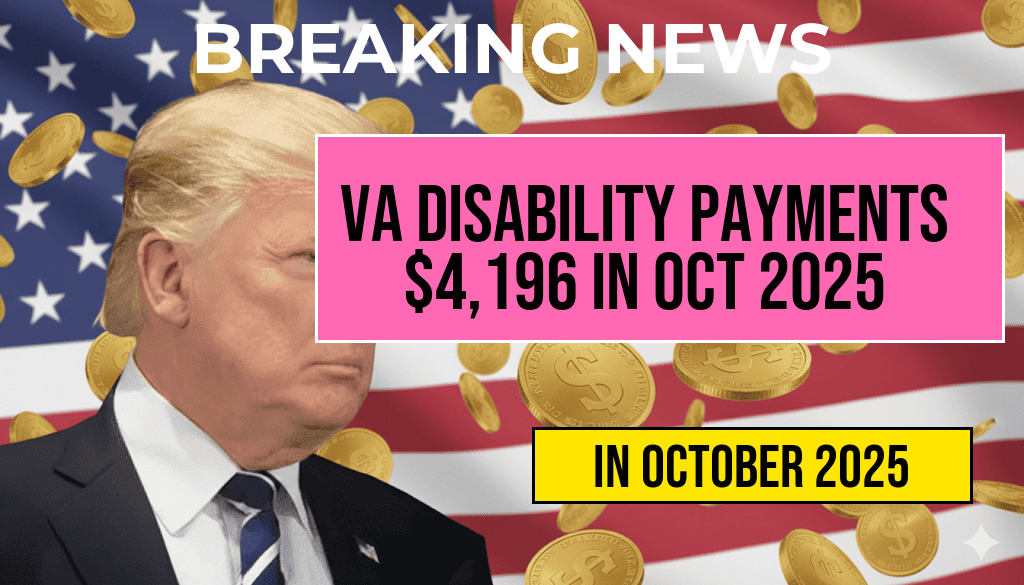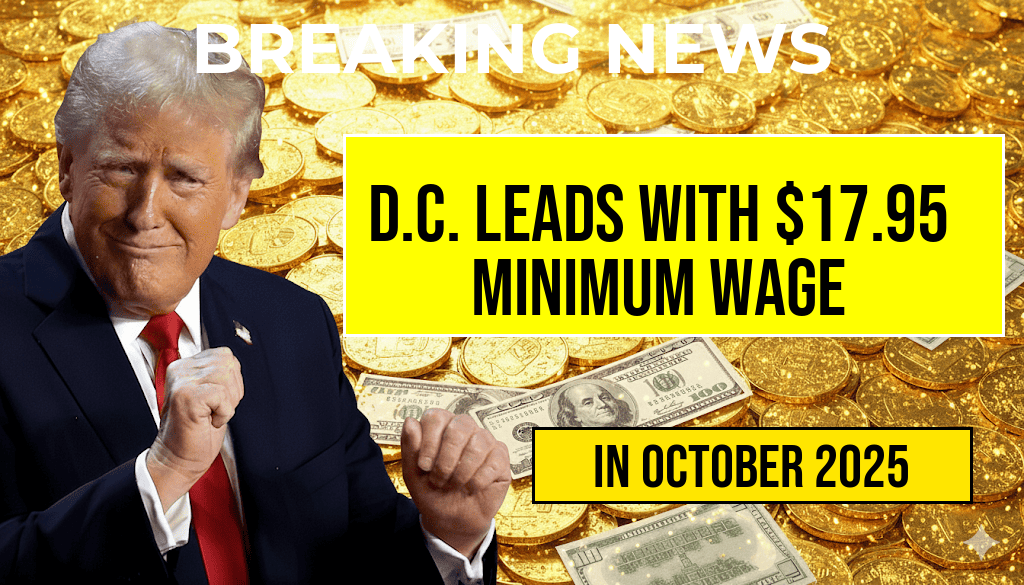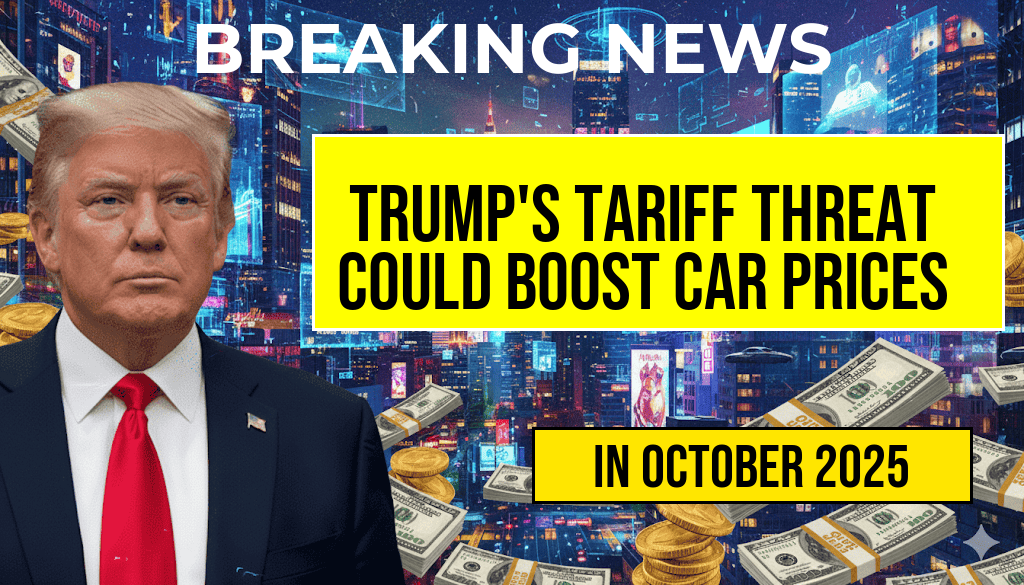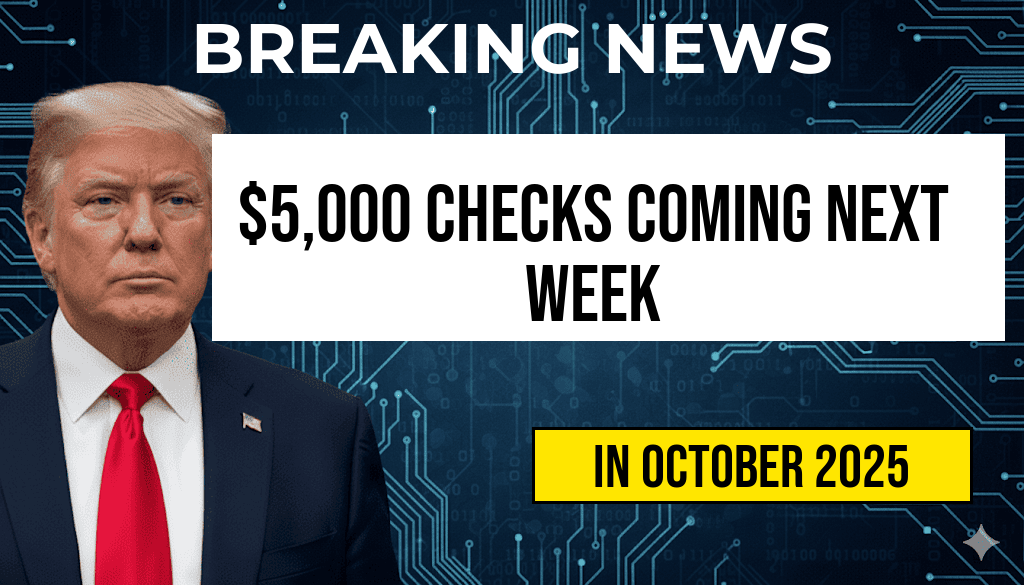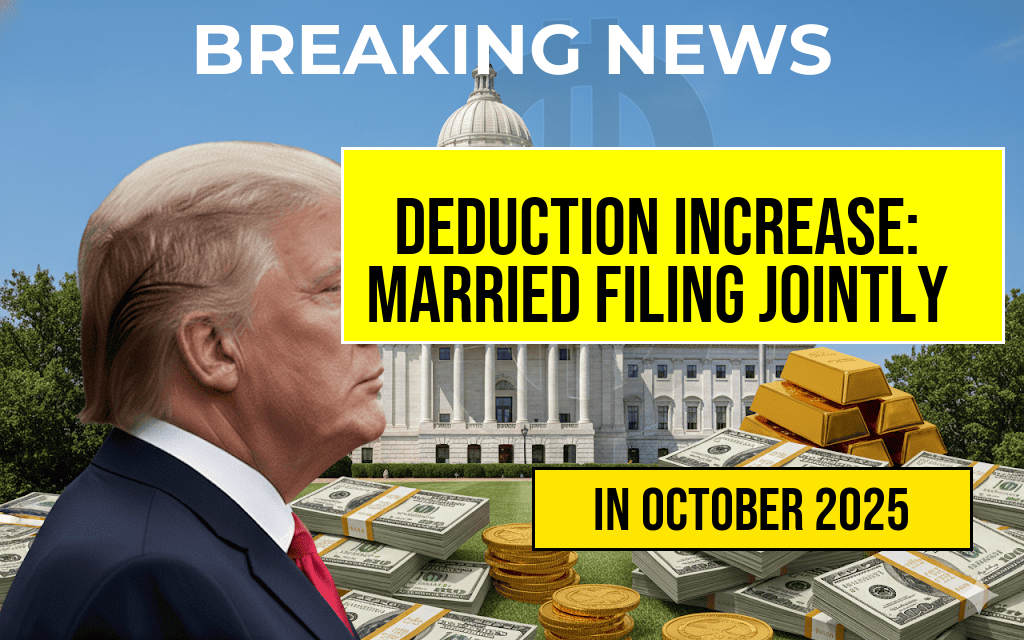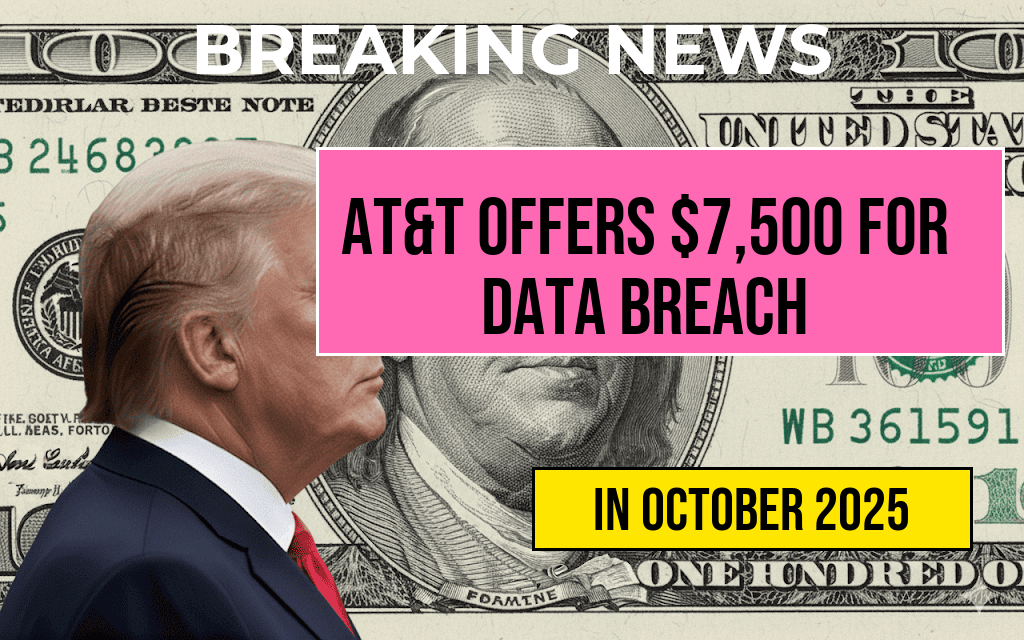Washington D.C. continues to set the national benchmark for the highest minimum wage in the United States, maintaining its position at $17.95 per hour. This figure, which took effect at the beginning of 2024, surpasses minimum wages in other major cities and states, reflecting the district’s ongoing commitment to wage growth amid rising living costs. The district’s wage policy, established through local legislation and phased increases, aims to balance economic competitiveness with the well-being of its workforce. As discussions around affordable living and economic inequality intensify nationwide, D.C.’s approach offers a notable case study in progressive wage policy implementation. Local officials and labor advocates emphasize that this wage level supports the district’s diverse service industries and government sectors, which are critical to its economy and identity.
Historical Context and Policy Evolution
Washington D.C.’s minimum wage has steadily increased over the past decade, driven by a combination of legislative action and economic conditions. In 2019, the district set a schedule to raise the minimum wage annually until reaching $15.00 per hour by 2020. Since then, local policymakers have continued to push for incremental increases, citing the city’s high cost of living and income disparity issues. The recent adjustment to $17.95 per hour reflects a broader strategy to align wages with inflation and ensure that workers in sectors such as hospitality, retail, and government services can sustain a decent standard of living.
Impacts on Local Economy and Workforce
Proponents argue that the elevated minimum wage has positive effects on the district’s economy by increasing consumer spending and reducing poverty rates. According to recent studies, workers earning the district’s minimum wage are better able to meet essential expenses such as housing, transportation, and healthcare. The district’s economic development agencies note that a well-compensated workforce is integral to attracting and retaining talent, especially in sectors that serve government agencies, tourism, and the arts.
However, some business groups express concerns about potential increased labor costs, which could lead to higher prices or reduced hiring. Despite these apprehensions, many employers have adapted by improving efficiency or passing on some costs to consumers. The district’s employment data indicate that unemployment remains historically low, suggesting that the wage policy has not hindered job growth.
Comparison with Other Major Cities
| City | Minimum Wage | Effective Date |
|---|---|---|
| Washington D.C. | $17.95 | January 2024 |
| Seattle, WA | $17.28 | January 2024 |
| San Francisco, CA | $16.99 | January 2024 |
| New York City, NY | $15.00 (statewide minimum) | December 2023 |
While cities like Seattle and San Francisco have high minimum wages, D.C.’s rate remains the highest nationally, emphasizing its progressive stance on wage policy. The district’s approach often influences regional and national debates about living wages and economic equity.
Legislative Framework and Future Outlook
Legislation Driving Wage Increases
The district’s minimum wage policy is rooted in legislation passed by the D.C. Council, which set a schedule to gradually increase wages over the last few years. The legislation also includes provisions to adjust wages annually based on inflation metrics, ensuring that wage growth keeps pace with economic changes. The D.C. Department of Employment Services oversees compliance and periodically reviews the impact of these policies to refine future increases.
Potential Adjustments and Economic Considerations
Looking ahead, officials are considering whether to maintain, increase, or pause future minimum wage adjustments. Factors influencing these decisions include inflation rates, unemployment figures, and economic resilience amid broader national trends. Some advocates push for even higher wages, citing the district’s high housing costs, while others urge caution to prevent unintended job market disruptions.
Research from economic think tanks suggests that well-calibrated wage policies can improve living standards without significantly harming employment opportunities. The district’s ongoing experience serves as a live case study for policymakers across the country, emphasizing the importance of data-driven approaches in wage setting.
Broader Implications and Community Response
The district’s commitment to a high minimum wage reflects its broader social priorities, including reducing economic inequality and supporting low-income workers. Community organizations and labor unions have lauded the move, emphasizing that fair wages are crucial to fostering economic justice. Conversely, some small business owners remain cautious, highlighting challenges in balancing wage increases with profitability.
As debate continues, the district’s wage policies may influence neighboring jurisdictions and federal policy discussions. The enduring question remains whether higher minimum wages can simultaneously boost economic growth and improve quality of life for workers, a challenge that D.C.’s recent experience is helping to explore.
For further insights into minimum wage policies and economic impacts, visit Wikipedia’s Minimum Wage page and Forbes article on wage increases.
Frequently Asked Questions
What is the current minimum wage in Washington D.C.?
The minimum wage in Washington D.C. is currently set at $17.95 per hour, making it the highest in the United States.
How does Washington D.C.’s minimum wage compare to other states?
Washington D.C.’s minimum wage surpasses that of many states, maintaining its position as the highest in the country, ahead of other regions with lower minimum wage rates.
When was the last increase in Washington D.C.’s minimum wage?
The minimum wage in Washington D.C. has been periodically adjusted, with the most recent increase raising it to $17.95. These updates are part of ongoing efforts to keep wages aligned with living costs.
Who is affected by the minimum wage policies in Washington D.C.?
The minimum wage law in Washington D.C. impacts workers earning the lowest wages across various sectors, including retail, hospitality, and service industries, aiming to improve their earning potential.
Are there plans to further increase the minimum wage in Washington D.C.?
Future plans for the minimum wage in Washington D.C. are under discussion, with policymakers considering adjustments to continue supporting living standards and economic growth in the region.



